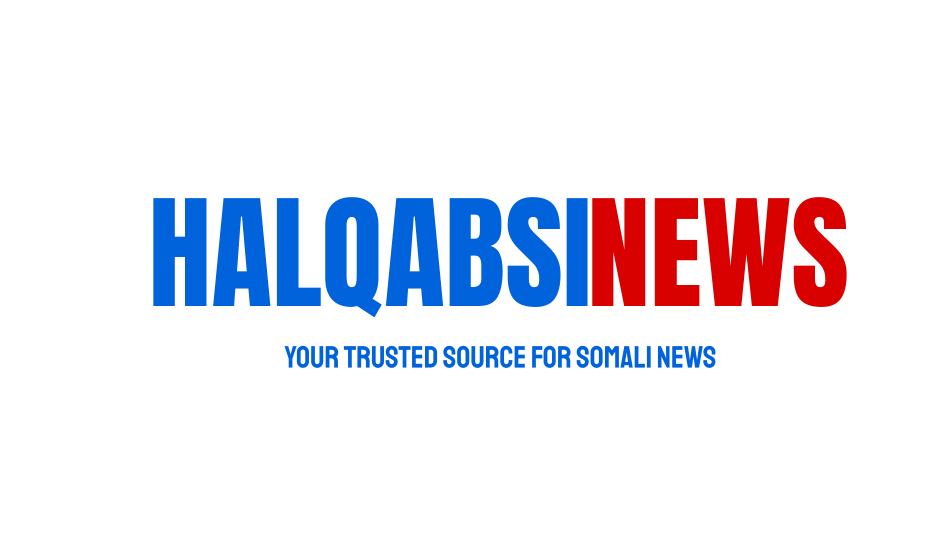(20-03-23) Mogadishu – The United Arab Emirates (UAE) has recently come under scrutiny for its military agreement with the Somali government, which has raised concerns over the country’s intentions in the region. Reports suggest that the UAE is investing in four types of military forces in Somalia, none of which appear to be focused on stability or nation-building.
- Puntland Security Forces: These forces have been established to protect areas where mineral and oil mining is taking place, rather than aiding the Somali government in its ongoing battle against terrorist organizations like al-Shabaab.
- General Gordon Military Base: Located in Mogadishu, this military base is home to the UAE’s own army, whose primary objective is to protect the UAE’s interests in Somalia, with no apparent interest in supporting the Somali armed forces.
- Army trained in Eritrea: Recently, a contingent of soldiers trained in Eritrea was transferred to fight al-Shabaab in Somalia. However, they have yet to take any significant action against the extremist group.
- Mercenaries and Foreign Forces: The UAE has been hiring mercenaries and enlisting the help of other governments without a standing army. These forces have been deployed in countries that are not their own, raising questions about their allegiance and ultimate objectives.
The UAE has been granted permission to operate an independent military presence in Somalia for clandestine operations, with recent reports alleging that the Somali government is recruiting children to serve in the UAE’s military. This has sparked outrage and deepened concerns about the true nature of the UAE’s role in the troubled nation.
Critics argue that these military investments seem to prioritize the UAE’s interests and those of other great powers over Somalia’s long-term stability and development. The presence of forces such as the militia of Haftar in Libya, who have been known to cause lasting unrest, has further fueled these concerns.
As the UAE continues to expand its military presence in Somalia, the international community and regional stakeholders must closely monitor the situation to ensure that the actions taken by these various forces do not exacerbate existing conflicts or undermine the fragile stability of the country.
















